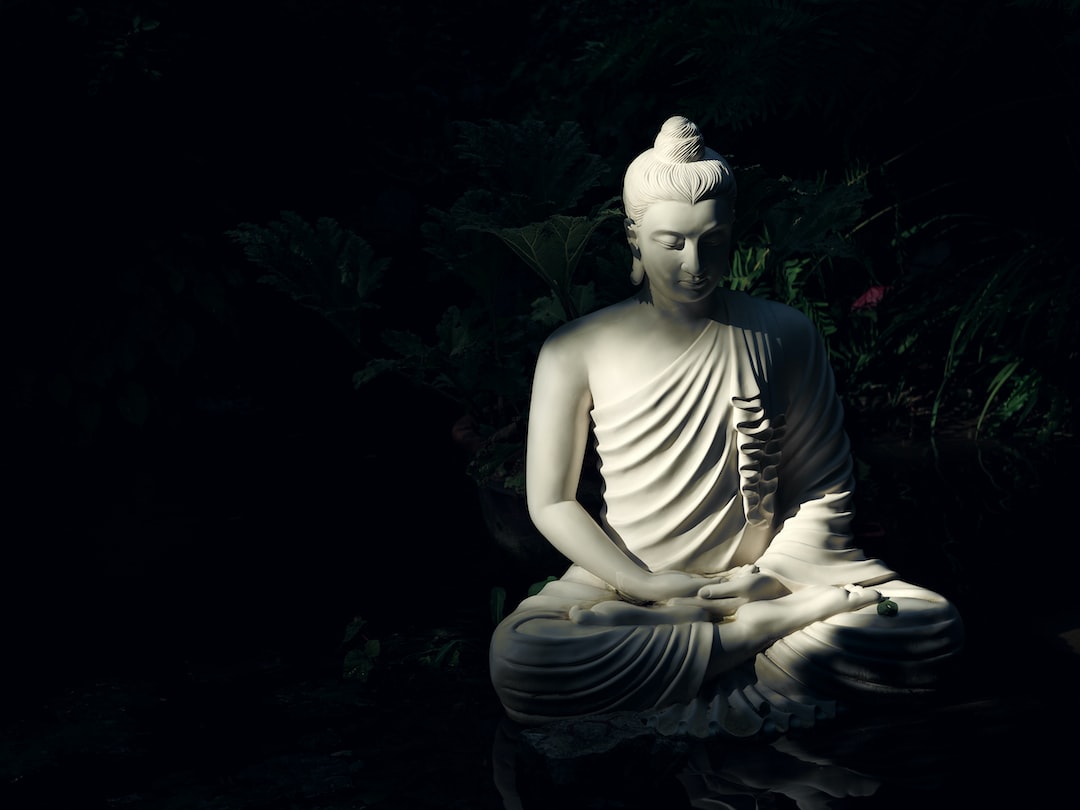Unveiling the Mysteries of Ancient Egyptian Religion
The ancient civilization that thrived along the banks of the Nile River has long fascinated historians and archeologists. Egypt’s rich culture, majestic pyramids, and intricate hieroglyphics have left behind tantalizing clues about the religious beliefs and practices of its ancient people. In this blog post, we will embark on a journey to unravel the mysteries of ancient Egyptian religion.
The religious beliefs of the ancient Egyptians were complex and deeply intertwined with the daily lives of the people. Religion held a central place in society and permeated every aspect of their existence. The Egyptians worshipped a vast array of deities, which were often depicted as half-human, half-animal figures with distinct characteristics and powers. These gods and goddesses governed different aspects of life, ensuring prosperity, fertility, and protection.
One of the most iconic deities in ancient Egyptian religion was Ra, the sun god. Ra was believed to be the creator of all life and was depicted as a falcon-headed man wearing a sun disk on his head. Egyptians believed that Ra sailed across the sky during the day, offering light and warmth to the world. This belief in the power of the sun had a profound impact on their agricultural practices, as they connected the cycle of the sun with the growth of crops.
The concept of the afterlife held great significance in ancient Egyptian religion. Egyptians believed in an intricate system of life after death, where the soul, or “ka,” of a deceased person would embark on a journey to the underworld to be judged by the god Osiris. To ensure a successful transition to the afterlife, they engaged in elaborate burial rituals and constructed grand tombs, such as the pyramids, as eternal resting places for their pharaohs.
The process of mummification played a crucial role in ancient Egyptian religious practices. The belief in the preservation of the physical body allowed the soul to continue its journey in the afterlife. Mummification involved carefully removing the organs, packing them with resin-soaked linen, and wrapping the body in bandages. The use of spells and amulets during this process was believed to offer protection and ensure the deceased’s well-being in the afterlife.
Ancient Egyptian religion also focused heavily on the concept of ma’at, which represented order, balance, and truth. The Egyptians believed that maintaining ma’at in both the natural and human worlds was essential for a prosperous society. They believed their pharaohs were responsible for upholding ma’at, serving as the earthly representatives of the gods and ensuring harmony in the kingdom.
The role of priests and priestesses was essential in the religious practices of ancient Egypt. They acted as intermediaries between the people and the deities, performing rituals and ceremonies in temples dedicated to specific gods and goddesses. These temples were intricately designed, adorned with statues, paintings, and hieroglyphics, serving as a place of worship and connection with the divine.
Hieroglyphics, the ancient Egyptian writing system, were integral in the religious context as well. These intricate symbols conveyed stories of myths, religious rituals, and the roles of various deities. The Book of the Dead, a collection of spells and prayers, was used as a guide to assist the deceased in navigating the challenges of the afterlife.
The religious beliefs and practices of ancient Egyptians were not static but evolved over time as different pharaohs and dynasties came to power. New gods were introduced, while others faded into obscurity. Nevertheless, the fundamental principles of the religion remained constant, emphasizing the importance of the afterlife, the balance of ma’at, and the interdependence between the people and the gods.
In conclusion, the mysteries of ancient Egyptian religion continue to captivate us to this day. Their beliefs and practices were intricately woven into the fabric of their existence, shaping their daily lives and influencing their society. From the worship of countless deities to the complex rituals surrounding death and the afterlife, ancient Egyptian religion holds a treasure trove of knowledge and inspiration. Through the study of this ancient civilization, we can gain a deeper understanding of the human quest for meaning and our complex relationship with the divine.

